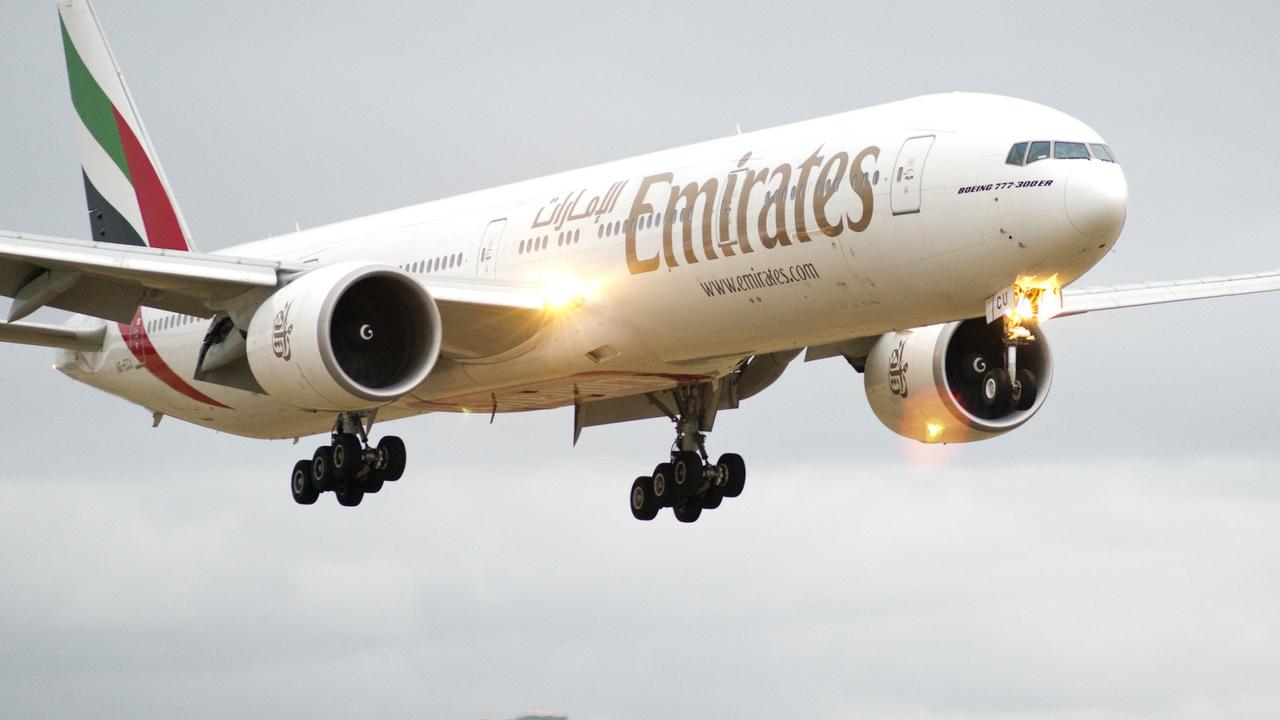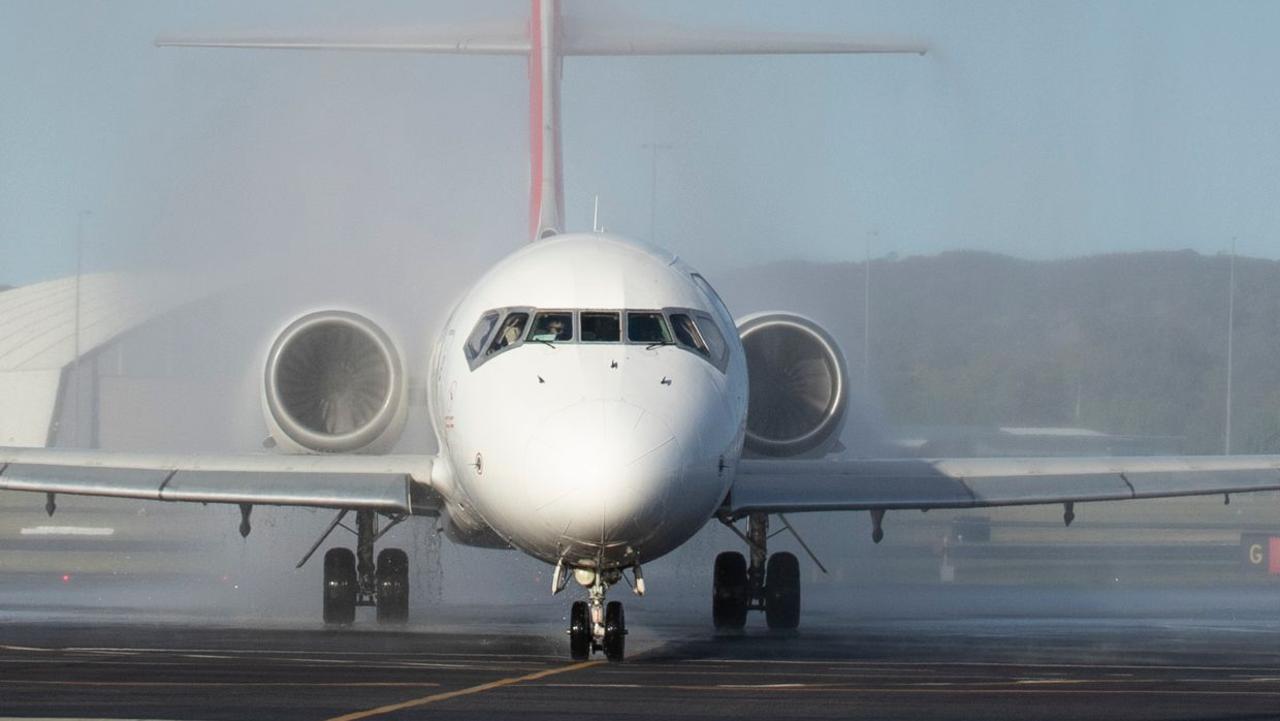Qantas in the market for new ultra-long range aircraft
WITH Perth-London flights set to start in 2018, Qantas is now looking at what it needs to make non-stop Sydney-London services a reality.
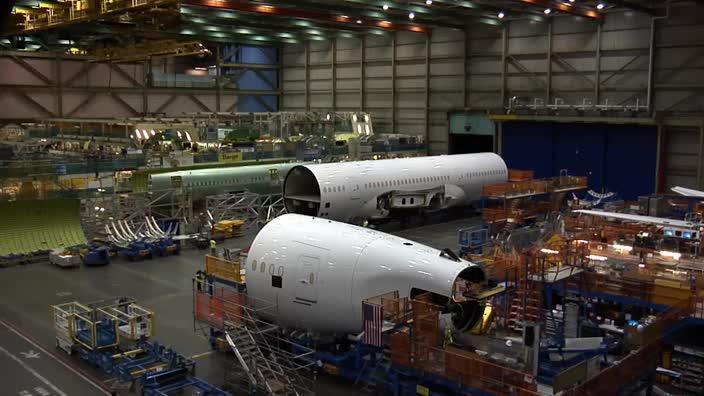
QANTAS is an aircraft away from flying non-stop between Sydney and London, and Sydney-New York.
Next on the Flying Kangaroo’s shopping list after Boeing 787-9 Dreamliners, are either Boeing 777Xs or A350s to give the airline the range needed to cover “ultra long haul” distances.
Sydney-London would be an almost 20-hour flight, and Sydney-New York around 18-hours.
Qantas currently operates a one-stop flight to London, that takes 23-hours — a big improvement on the first service in 1939 that took 10 days and 32 stops.
A Qantas spokesman confirmed the routes were very much on the airline’s radar but they would require longer-range aircraft such as the 777X or A350-900ULR, at around $400 million each.
In March 2018, Qantas will launch Perth-London services on its 787-9s which will stretch the aircraft’s capabilities to the limit.
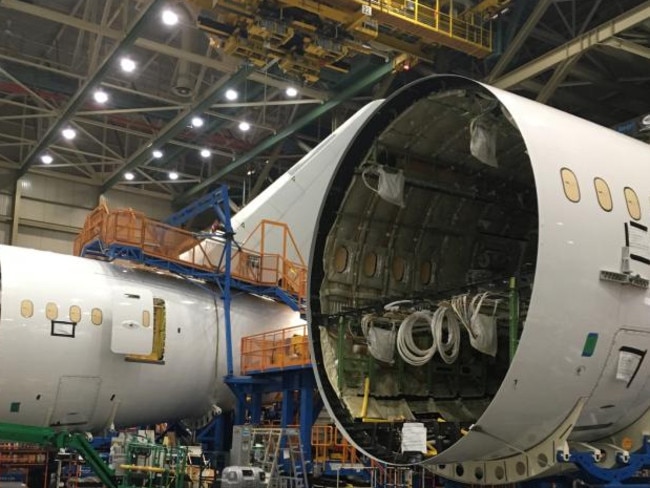
Boeing Regional Director of Product Marketing, Justin Hale, said the main reason the Dreamliner could cover the 14,500km distance was because Qantas was installing fewer seats.
Instead of the usual 300 seats in a 787-9, Qantas would provide 236 seats to help maximise the comfort of passengers on the 17-hour flight.
The airline will take delivery of the first of eight new Dreamliners in October which will initially fly between Melbourne and Los Angeles, at a cost of about $995 one way.
The Qantas spokesman said there was enormous interest from passengers keen to fly on the aircraft which promised a range of cabin features designed to deliver a better experience.
They included larger windows that could be electronically dimmed or brightened, doing away with the need for shutters.
Bigger overhead lockers would swallow up carry-on luggage more easily and “smooth ride technology” promised a less bumpy ride.
Mr Hale said sales of the Dreamliners had shown the fastest growth of any of their wide-bodied models ever.
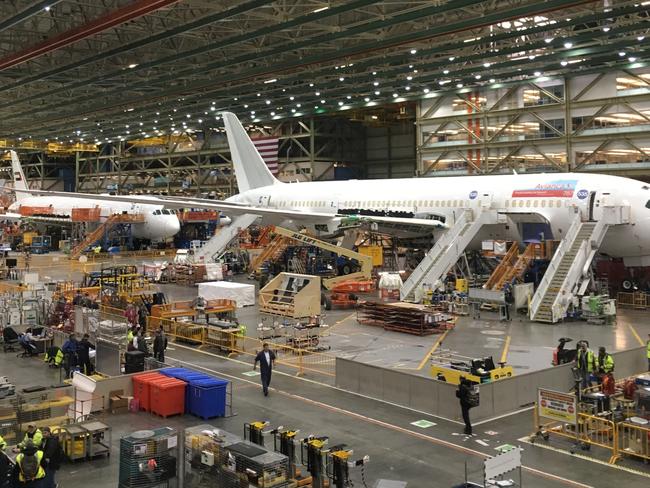
Vice President and General Manager of Boeing’s 787 program, Mark Jenks, said global uncertainty had not impacted the aircraft manufacturer yet.
“I can’t comment on President Trump and the situation there but clearly the international climate is dynamic and it always is,” said Mr Jenks at Boeing’s massive Seattle factory.
“I don’t think anyone’s big enough to be immune to it, but the basic dynamics of the market haven’t changed and even though there is a lot going on and there is some uncertainty, fundamentally our traffic is increasing.”
He said Boeing’s focus would continue to be more fuel-efficient aircraft rather than faster models capable of slashing travel times.
“In the near term we don’t see a supersonic aeroplane as the next one out of the box,” Mr Jenks said.
“The 777X is going to be an extremely fuel efficient aeroplane and that’s always going to be a huge concern for our customers (because) it’s a huge part of their operating costs.”

